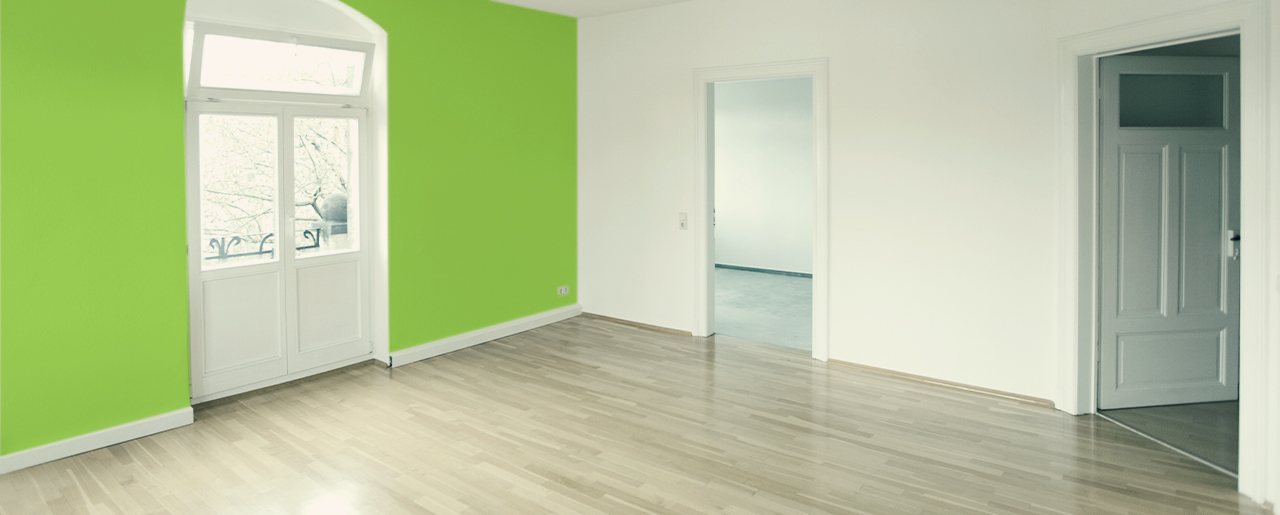Theft, fire, water damage, vandalism: vacant homes pose a considerable risk for insurers.
House, condo, cottage, or apartment—no matter what type of dwelling your home insurance is intended to protect, the rule remains the same: any residence that is vacant for more than 30 consecutive days will not be covered by your insurer in the event of a claim.
To help you avoid the worst, Assurances Multi-Risques has decided to offer you its best insurance advice for vacant homes in this article! A quick read that could save you a lot of trouble!
Unoccupied house or vacant house?
An unoccupied home refers to a home whose residents are away for a specific period of time. The home will be inhabited again by its residents in the future. Example: A retired couple, in a world without COVID, leaves their primary residence in Quebec to spend the winter in the warmth of their second home in Florida. They will return to live in their Quebec home the following spring, along with the monarch butterflies, ducks, and geese.
A house is considered “vacant” when the residents leave the premises with no intention of returning, regardless of whether their belongings are still stored there. Note that a newly built home can also be considered vacant if it is unoccupied between the completion of construction and the time the residents move in!
How do you insure an unoccupied or vacant house?
Each home insurance policy contains a clause specifying, as mentioned above, that any damage occurring while your residence has been vacant for more than 30 consecutive days, to your knowledge, is not covered.
In other words, this means that if a loss were to occur at your home, your insurance company would refuse to compensate you. That is why it is ESSENTIAL to notify your home insurer or insurance broker of any change in the use of your residence, otherwise you will not be covered.
Your insurer may refuse to insure your vacant home…
Once your insurer has been notified of the change in use of your residence to “vacant dwelling,” they may accept or refuse to insure your vacant home.
Si votre assureur accepte de couvrir votre bien immobilier vacant, il ajoutera un « avenant d’autorisation » ou un « permis de vacance » à votre contrat d’assurance habitation, lequel vous permettra de laisser votre maison vacante durant une période déterminée et d’être couvert en cas de sinistre. Une surprime viendra évidemment s’ajouter à votre contrat et le vandalisme, les actes malveillants, les dégâts d’eau ainsi que les bris de vitres seront exclus de votre protection.
Civil liability, always necessary
Whether you own a house, cottage, or apartment building, you have civil liability insurance as part of your home insurance policy. This insurance is required by law, and in Quebec, it is governed by the Civil Code of Quebec.
Alors même si votre habitation est vacante, n’annulez jamais votre contrat d’assurance habitation, car il contient votre assurance responsabilité civile. Ainsi, si votre petit voisin livreur de journaux ou le facteur se blessait gravement dans vos escaliers non entretenus durant l’hiver, vous seriez protégé contre une poursuite pour négligence!
DID YOU KNOW?
Liability insurance covers you not only for the insured premises, but also follows you everywhere in the world, in all your activities!
To conclude
If you would like to learn more and avoid insurance issues, we strongly recommend that you contact an independent insurance broker who works with several insurers specializing in insurance for vacant or unoccupied homes. Your broker will be able to advise you and find you an insurer specializing in this type of coverage.
In the meantime, here are some additional tips to help you avoid problems!
Insurance tips:
- Visit your vacant residence regularly, or have it monitored by a friend, a concierge, or a specialized agency.
- Be discreet, and do not announce your departure on social media;
- Turn off your water supply and drain the pipes (because water damage is excluded from your home insurance policy when your house is vacant!);
- Keep the heating on during the winter season to prevent pipes from freezing.
- Ensure that your entrance is cleared of snow during the winter.
- Have the exterior of your vacant home maintained regularly;
- Opt for automatic lighting activation;
- Laissez les rideaux aux fenêtres pour maintenir une certaine intimité;
- Choose Canada Post’s mail hold service.
